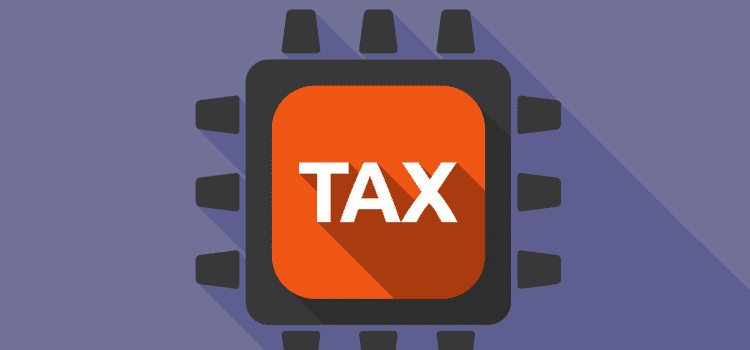The government recently revealed some new information about their controversial Making Tax Digital (MTD) initiative and how it will affect the UK’s freelancers. Here’s a quick guide to help you get ready before the deadline.
Exemptions from MTD
The first thing to do is to find out if MTD will apply to you. HMRC has confirmed that a small minority will be exempt from MTD for a number of reasons including:
- disability
- age
- remoteness of location
- membership of a religious society or order with beliefs that are incompatible with the use of electronic communications
- being subject to insolvency proceedings
- any other reason accepted by the MTD commissioners as valid grounds not to use an electronic return system
If you are exempt from MTD, you can still volunteer to take part if you wish to do so.
MTD for VAT
The first MTD deadline was for VAT-registered businesses, with all of them now required to follow the rules by:
- Keeping digital records for VAT purposes
- Providing VAT return information through MTD-compatible software
MTD for Income Tax
MTD for Income Tax will launch in April 2026 for sole traders and landlords whose turnover is above £50,000. This threshold drops to £30,000 in April 2027, and again to £20,000 from April 2028. Here’s a brief summary of what you’ll need to do when MTD comes into effect:
- Record each of your business’s transactions – invoices, bills, out-of-pocket expenses, and money in and out – in functional MTD-compatible software. Each quarter, sum up these transactions by category (using the categories currently displayed on the short form of the self-employment pages of your tax return) and submit the information digitally to HMRC.
- Report just your total sales – minus your total allowable expenses – for that quarter if your business’s annual sales are under the VAT threshold.
- Correct any mistakes from one quarter in the following quarter.
- Make a digital ‘end of period submission’ at the end of the accounting year and include any additional information, such as adjustments your accountant has asked you to make or claims for capital allowances for the year.
- Declare in the end of period submission that the figures you’ve filed for that year are accurate to the best of your knowledge and belief.
Interestingly, the guidelines for MTD for Income Tax don’t state that you need to keep a digital copy of receipts. You do still need to keep a receipt for every business transaction but these can still be on paper.
What can you do to prepare for MTD?
With the deadlines fast approaching it’s not too early to start looking around for digital tax software that meets HMRC’s criteria. Any software you find must have the ability to:
- keep records in a digital form according to the regulations
- preserve digital records in a digital form for the required amount of time (this is currently up to six years).
- create a VAT return from stored records and share this information with HMRC
- provide HMRC with VAT data on a voluntary basis
- receive information from HMRC
Most accountants in the UK have been busy preparing for MTD for the last couple of years and your accountant should be able to give you advice on choosing an accounting software package that will meet your needs.







